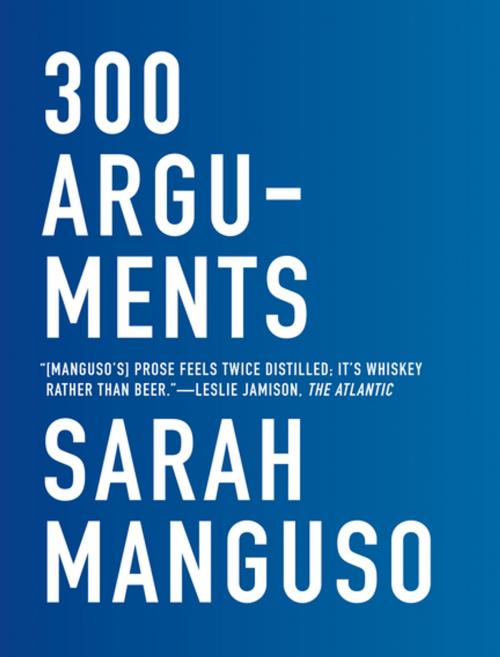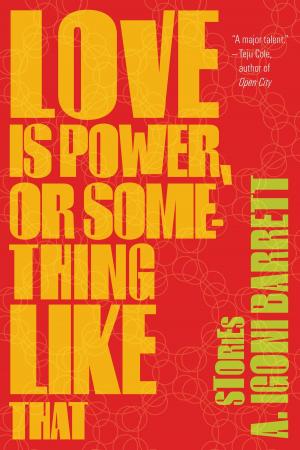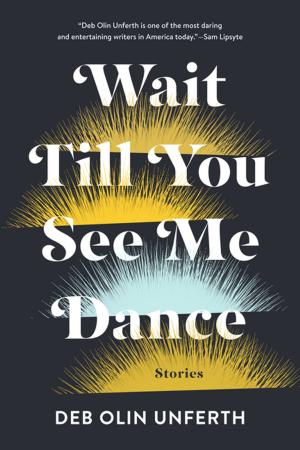| Author: | Sarah Manguso | ISBN: | 9781555979591 |
| Publisher: | Graywolf Press | Publication: | February 7, 2017 |
| Imprint: | Graywolf Press | Language: | English |
| Author: | Sarah Manguso |
| ISBN: | 9781555979591 |
| Publisher: | Graywolf Press |
| Publication: | February 7, 2017 |
| Imprint: | Graywolf Press |
| Language: | English |
A brilliant and exhilarating sequence of aphorisms from one of our greatest essayists
There will come a time when people decide you’ve had enough of your grief, and they’ll try to take it away from you.
Bad art is from no one to no one.
Am I happy? Damned if I know, but give me a few minutes and I’ll tell you whether you are.
Thank heaven I don’t have my friends’ problems. But sometimes I notice an expression on one of their faces that I recognize as secret gratitude.
I read sad stories to inoculate myself against grief. I watch action movies to identify with the quick-witted heroes. Both the same fantasy: I’ll escape the worst of it.
—from 300 Arguments
A “Proustian minimalist on the order of Lydia Davis” (Kirkus Reviews), Sarah Manguso is one of the finest literary artists at work today. To read her work is to witness acrobatic acts of compression in the service of extraordinary psychological and spiritual insight.
300 Arguments, a foray into the frontier of contemporary nonfiction writing, is at first glance a group of unrelated aphorisms. But, as in the work of David Markson, the pieces reveal themselves as a masterful arrangement that steadily gathers power. Manguso’s arguments about desire, ambition, relationships, and failure are pithy, unsentimental, and defiant, and they add up to an unexpected and renegade wisdom literature.
A brilliant and exhilarating sequence of aphorisms from one of our greatest essayists
There will come a time when people decide you’ve had enough of your grief, and they’ll try to take it away from you.
Bad art is from no one to no one.
Am I happy? Damned if I know, but give me a few minutes and I’ll tell you whether you are.
Thank heaven I don’t have my friends’ problems. But sometimes I notice an expression on one of their faces that I recognize as secret gratitude.
I read sad stories to inoculate myself against grief. I watch action movies to identify with the quick-witted heroes. Both the same fantasy: I’ll escape the worst of it.
—from 300 Arguments
A “Proustian minimalist on the order of Lydia Davis” (Kirkus Reviews), Sarah Manguso is one of the finest literary artists at work today. To read her work is to witness acrobatic acts of compression in the service of extraordinary psychological and spiritual insight.
300 Arguments, a foray into the frontier of contemporary nonfiction writing, is at first glance a group of unrelated aphorisms. But, as in the work of David Markson, the pieces reveal themselves as a masterful arrangement that steadily gathers power. Manguso’s arguments about desire, ambition, relationships, and failure are pithy, unsentimental, and defiant, and they add up to an unexpected and renegade wisdom literature.















